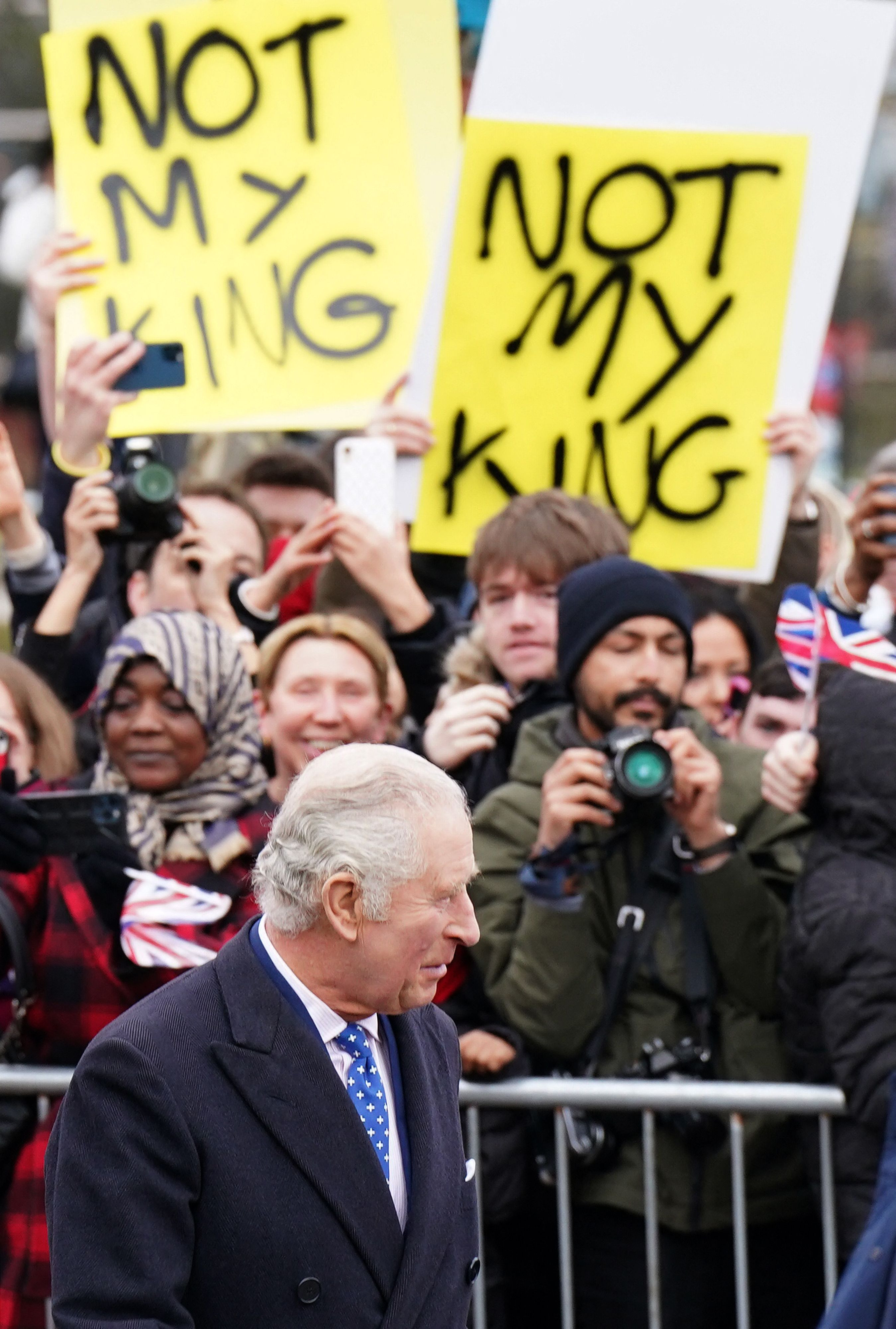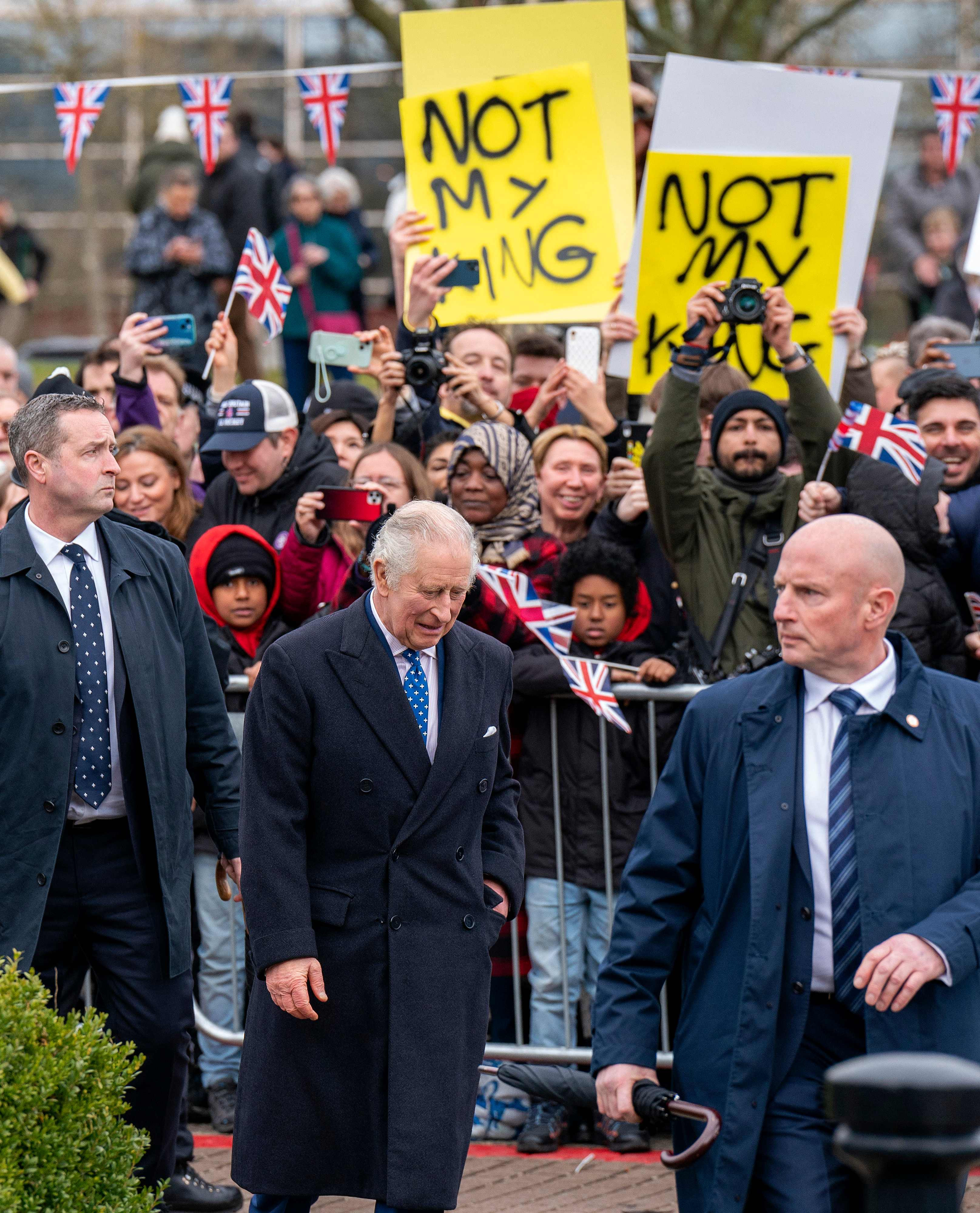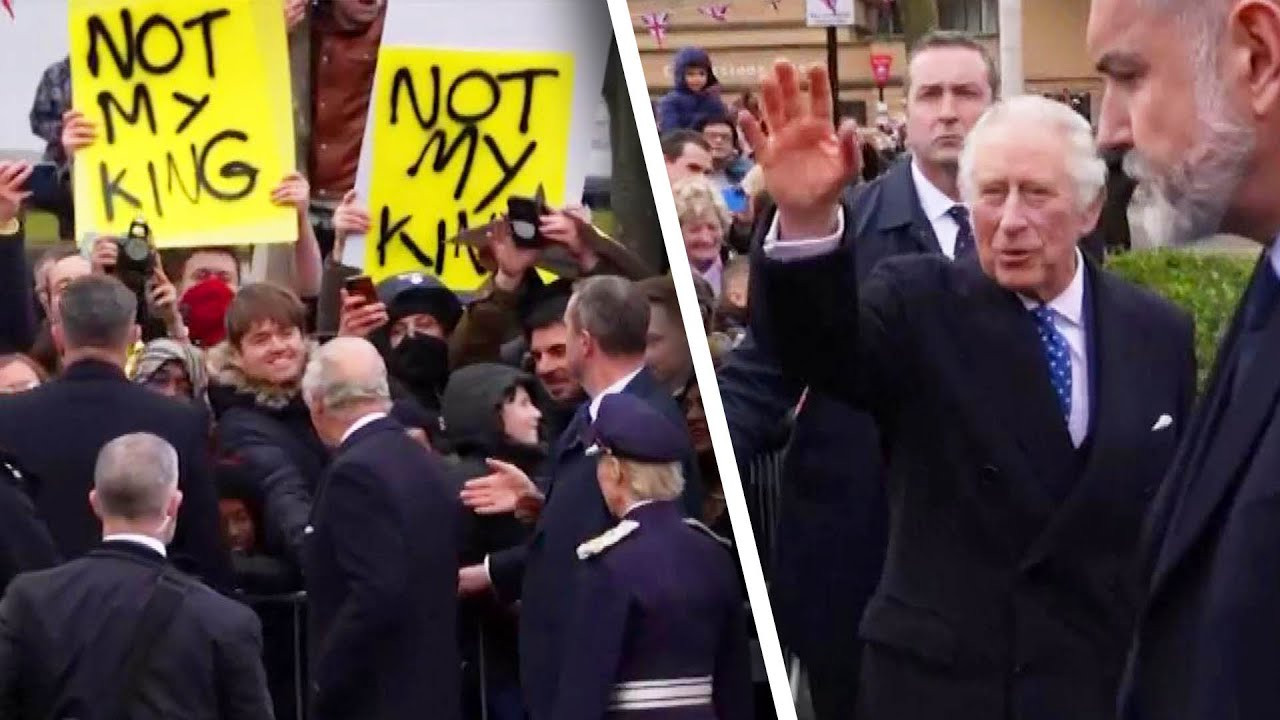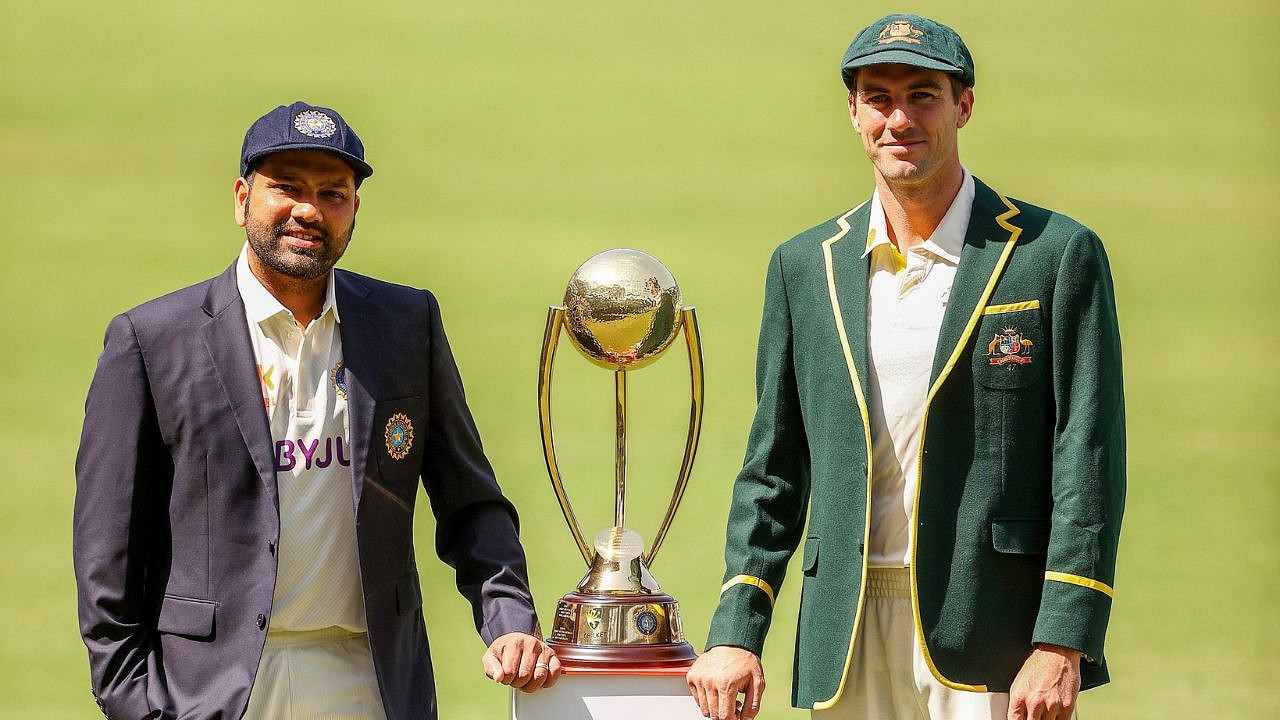Britain’s King Charles III had just finished giving a speech to Australia’s Parliament House on Monday when an Indigenous senator began yelling, “You are not my king.”
From the back of the room, Independent Senator Lidia Thorpe shouted at the royal couple, “Give us our land back, give us what you stole,” as security officers moved to escort her away.
The interjection came as King Charles and Queen Camilla visited the Australian capital Canberra to meet the nation’s leaders, including Prime Minister Anthony Albanese.
During his speech, King Charles acknowledged Australia’s First Nations people, who lived on the land for tens of thousands of years before the arrival of British settlers over 230 years ago.
“Throughout my life, Australia’s First Nations people have done me the great honor of sharing so generously their stories and cultures,” King Charles said.
“I can only say how much my own experience has been shaped and strengthened by such traditional wisdom.”
Earlier, a traditional Aboriginal welcoming ceremony was held outside Parliament House for the royal couple, but for many of the country’s Indigenous population, they are not welcome.
The arrival of British settlers to Australia led to the massacre of Indigenous people at hundreds of locations around the country until as recently as the 1930s. Their ancestors still suffer from racism and systemic discrimination in a country that has failed to reverse centuries of disadvantage.
Thorpe, a DjabWurrung Gunnai Gunditjmara woman, has long campaigned for a treaty and has previously voiced her fierce objections to the British monarchy.
Australian’s Indigenous people never ceded sovereignty and have never engaged in a treaty process with the British Crown. Australia remains a Commonwealth country with the King as its Head of State.
During her swearing-in ceremony in 2022, Thorpe referred to Australia’s then-Head of State as “the colonizing Her Majesty Queen Elizabeth II,” and was asked to take the oath again.
She did so while raising one fist in the air.
On Monday, protesters stood with an Aboriginal flag as the royal couple visited the Australian War Memorial. A 62-year-old man was arrested for failing to comply with a police direction.
Before she yelled at the King, Thorpe turned her back during a recital of “God Save the King,” Australian media reported. Images showed her wearing a possum-fur coat, standing in the opposite direction of other attendees.
In the statement, Greens Senator Dorinda Cox, a Yamatji Noongar woman, called for the King to be clear in his recognition and support of “First Nations justice, truth telling and healing.”
“He now needs to be on the right side of history,” she added.
The Australian Monarchist League demanded Thorpe’s resignation after what it called a “childish demonstration.”
The Controversy: A Call for Treaty and Reckoning
Thorpe’s protest was not an isolated incident. It reflects the deep-seated resentment and anger many Indigenous Australians feel toward the British monarchy. The call for a treaty is a key demand for Indigenous Australians, who argue that it is necessary to address the injustices of the past and create a more equitable future.
Thorpe, a vocal advocate for Indigenous rights, has long spoken out against the British monarchy and its role in the colonization of Australia. Her actions on Monday are a stark reminder that the wounds of the past are still very much alive.
Reactions: A Spectrum of Opinions
Thorpe’s protest sparked a range of reactions, from condemnation to support. Some criticized Thorpe’s actions, labeling them as disrespectful or disruptive. Others, however, praised her courage for speaking truth to power and demanding justice for her people.
The Australian government has been criticized for its failure to adequately address the legacy of colonialism and the ongoing struggles of Indigenous Australians. Some argue that the government’s reluctance to engage in treaty negotiations is a sign of its lack of commitment to reconciliation.
A Legacy of Trauma and Ongoing Struggle
The ongoing struggle for Indigenous rights in Australia is a testament to the lasting impact of colonialism. Despite the passage of time, Indigenous Australians continue to face systemic discrimination and marginalization. The call for a treaty is a call for recognition, justice, and healing.
The King’s visit to Australia is a reminder of the complex and often fraught relationship between the British monarchy and its former colonies. While the monarchy may hold a symbolic place in the hearts of some Australians, for others, it represents a painful past and an ongoing struggle for recognition and self-determination.
Looking Ahead: A Path to Reconciliation?
The incident in Parliament House has reignited the debate about Australia’s future, including the role of the monarchy. It remains to be seen whether the government will take concrete steps to address the concerns of Indigenous Australians and move towards a more just and equitable future.
The road to reconciliation is a long and arduous one, but it is a path that must be traveled if Australia is to truly move forward. The call for a treaty is a call for a new beginning, a chance to acknowledge the past and build a future where Indigenous Australians can finally find their rightful place in society.
The King's Tour: A Time of Reflection
King Charles’s visit to Australia is a time of reflection for the nation. It is an opportunity to examine the past, confront the present, and envision a future where all Australians can live in harmony and equality. The King’s visit provides a platform for dialogue, a chance to listen to the voices of those who have been silenced for too long.
This is a moment of truth for Australia. Will the country choose to embrace its past, acknowledge the wrongs that have been committed, and strive for a more just and equitable future? Or will it continue to cling to the vestiges of colonialism and deny the rightful place of its Indigenous people?
The answer to this question will shape the destiny of Australia for generations to come.



















